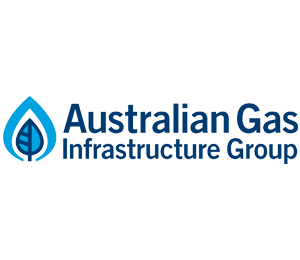

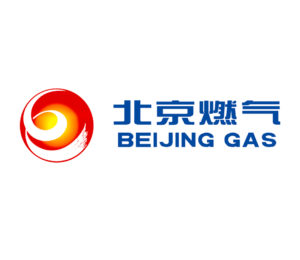
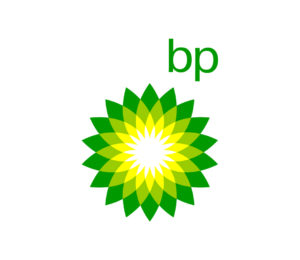
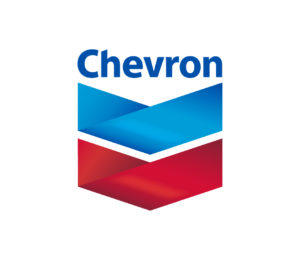
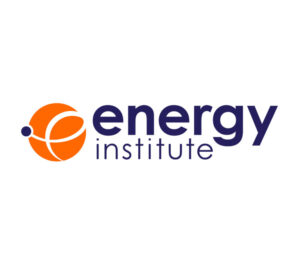
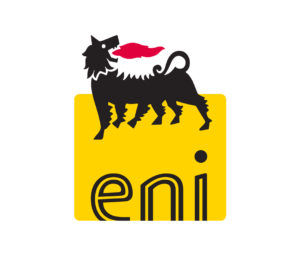
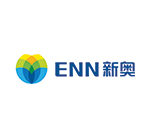
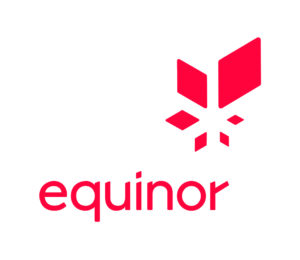
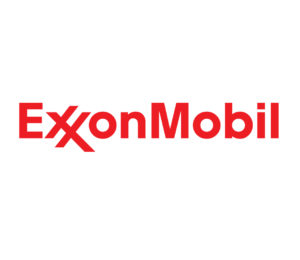
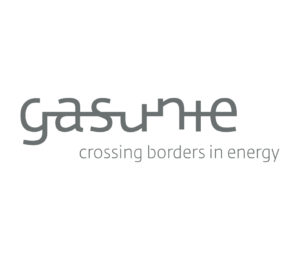
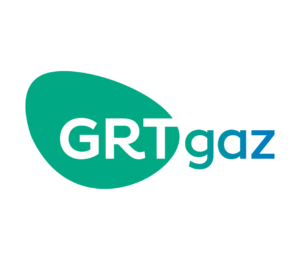
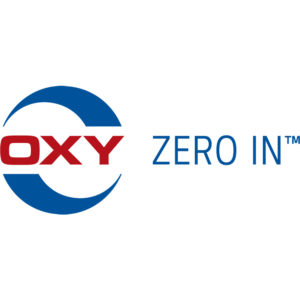
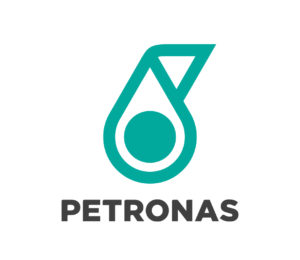
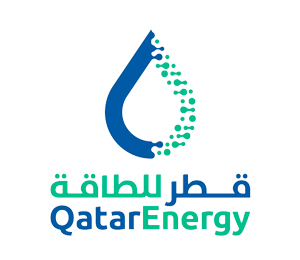
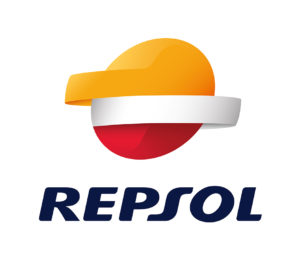
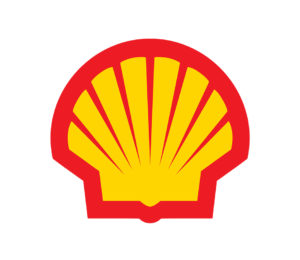
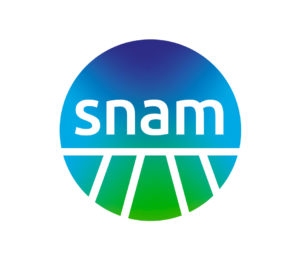
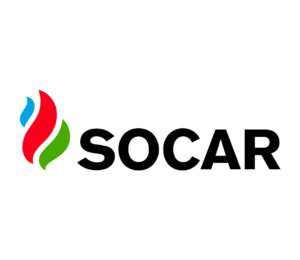
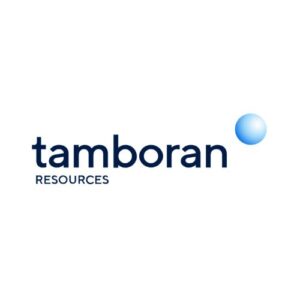
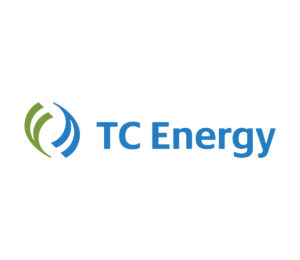
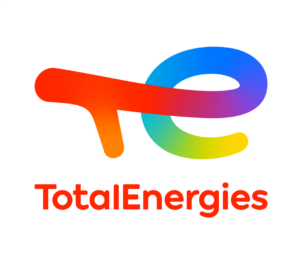
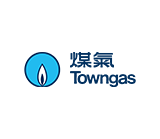
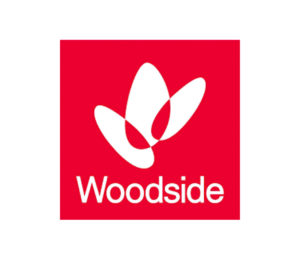
The Global Methane Pledge commits 158 countries around the world to accelerate progress in curbing methane emissions. Reaching the Pledge’s target of a 30% reduction by 2030, compared with 2020 levels, will take a concerted, multistakeholder effort that sees lessons learned by leaders in the field reach those further behind the curve. To that end, in 2023 MGP launched the Advancing Global Methane Reductions (AGMR) initiative, to provide a platform for its members to work with others in the ecosystem, particularly government ministries and national oil companies (NOCs).
AGMR helps to form communities of practice around methane mitigation, applying the strengths of MGP members in places where they are most needed. It places the emphasis on knowledge exchange, with MGP members striving to share their insights with government and NOC partners. While everyone collaborates in good faith toward the unified goal of emissions reduction, actions taken are ultimately up to the government or NOC partner.
A sound methane emissions policy that applies to all industry actors is the ultimate goal in each AGMR country.
Methane commitments made by governments or NOCs can be important levers or entry points to advance progress. AGMR aims to help governments and NOCs meet their commitments.
Enhancing knowledge and experience on emission sources and mitigation solutions are important enablers to provide confidence to governments that they can take action and enact policy.
Mitigating methane emissions can be cost-effective, but money must be spent upfront. Access to funding—from external or government sources or resetting company priorities—is a necessary precondition for mitigation.
The ability to market natural gas, including newly captured methane emissions, is a key enabler and incentive for action. Differentiated gas policies and market mechanisms can provide the impetus to lower emissions as well.

PETRONAS, Malaysia’s national energy company, builds bridges between public and private sectors through the Methane Leadership Programme.
“AGMR puts within reach the expertise of top-class performers on methane management. It democratizes best practice and provides reduction pathways for places further behind the learning curve.”
Chris Rathbun, MGP Program Manager

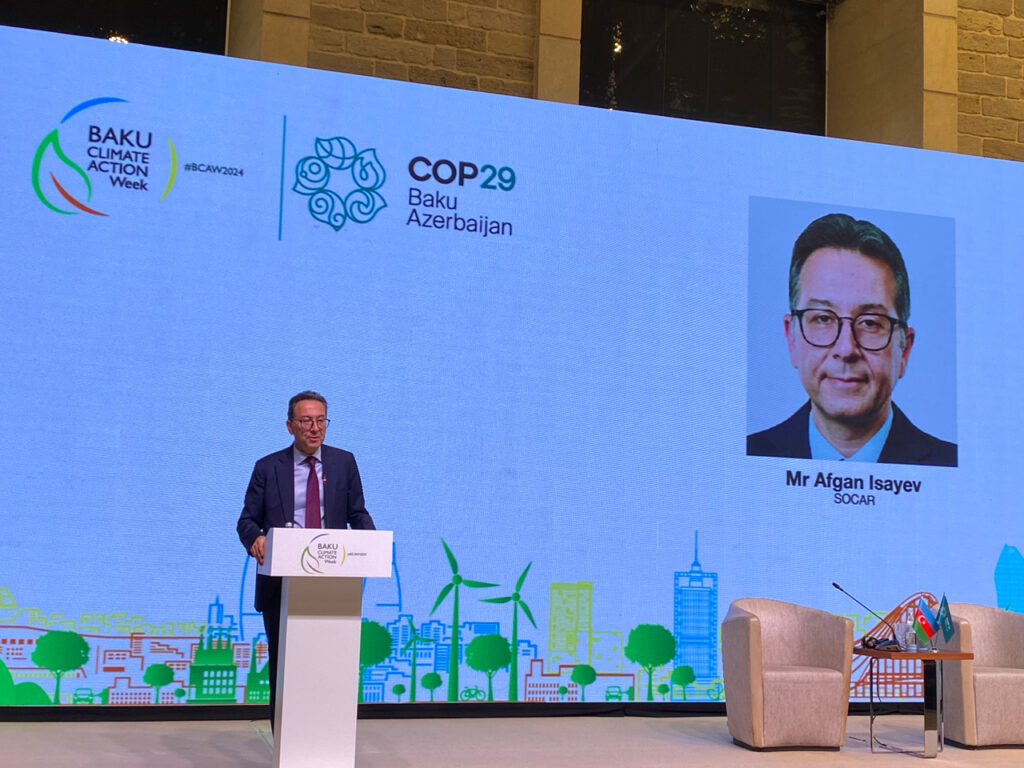
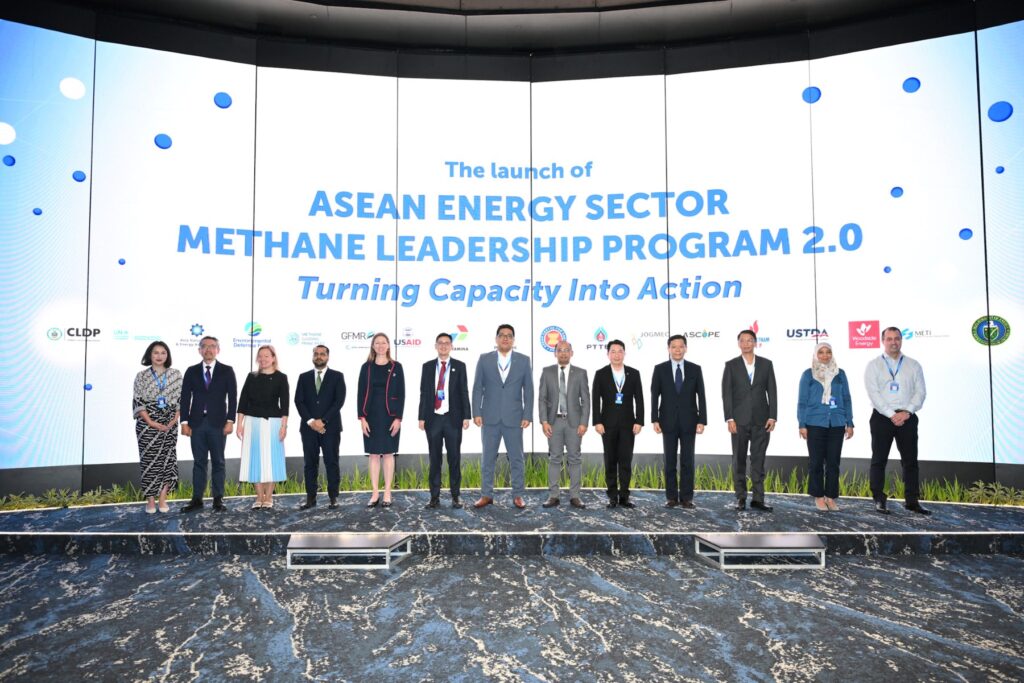
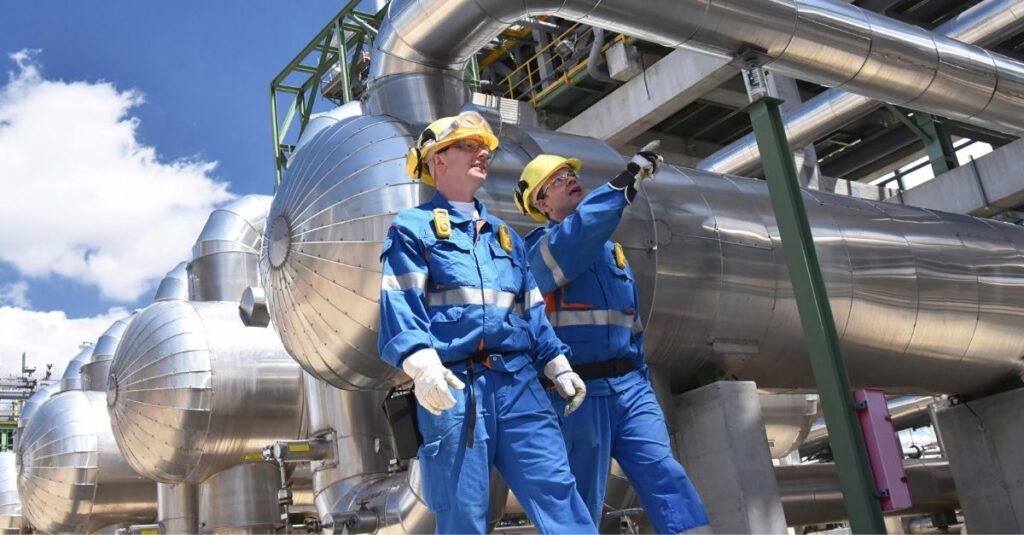
Advancing Global Methane Reductions (AGMR) enlists MGP members to bolster countries’ methane reduction efforts, aligned with the Global Methane Pledge, through shared insights, best practices, technology transfer and more.
The ultimate goal is measurable reductions in methane emissions in participating countries, especially those that are further behind the curve on adoption of the most advanced strategies, technologies and solutions. To reach this goal, MGP members help disseminate key learnings to their partners and share successful strategies from their methane reduction efforts. MGP recognizes that we must be sharing what has already been proven to work.
AGMR parties engage in a variety of activities, including workshops and courses, in addition to more formal pursuits like signing memoranda of understanding to transfer knowledge and/or technology. Ultimately, there is no one-size-fits-all model for collaboration under the AGMR framework; each set of stakeholders engages in a way that works for them, as each country’s methane reduction journey is unique.
See here for an example of AGMR collaboration.
Every MGP company with direct operations in the oil and gas value chain is participating in AGMR. As a flagship initiative of MGP, AGMR leverages the strengths of its members to help other parts of the oil and gas value chain reach best-in-class status on methane management.
See here for a complete list of participating companies.
MGP considers five key factors to determine progress:
See here for more on AGMR’s key factors for progress.
Event: Methane Mitigation Summit, Europe is taking place on 25 – 27 February, in Amsterdam. Register to attend now!